14 Medical School Essentials for Every Medical Students
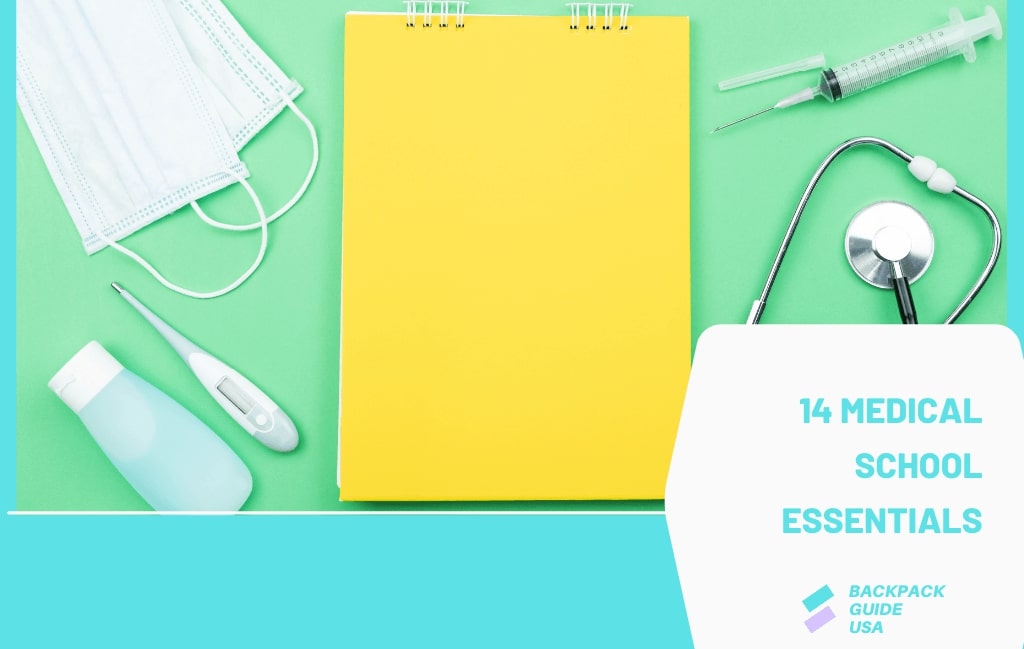
Medical school is one of the most challenging academic endeavors a student can undertake. It’s rigorous and demanding, but also highly rewarding.
Medical students learn more than any other major in the education spectrum, and they do it in a way that is both theoretical and applied. But what are some key things medical students need? Check out these 14 medical school essentials!
14 Medical School Essentials
This is a list of things you need for your medical school. These are what I think are the most important.
- A stethoscope
- A digital camera
- A laptop
- A backpack
- Writing utensils
- Medical dictionary
- Blunt-tip scissors
- Prescription glasses/contact lenses
- OTC remedies
- A watch with an alarm clock feature
- A water bottle
- Folders
- Flashcards
- A guide to the hospital campus
1. A stethoscope:
Medical students have to examine, assess, and diagnose patients with many different tools in order to master their skills. The most standard tool used by doctors is also the simplest – a stethoscope allows medical students to listen carefully for any heartbeat or other unusual sounds coming from within the body.
The three main parts of a stethoscope are the chest piece, bell (or diaphragm), and tubing, which can be made entirely out of plastic or even high-quality metal if desired. Stethoscopes come in various shapes, sizes, colors, designs and brands; you may want one that’s small but not too small so it’s easy to carry around each day on campus while classes are in session.
If you’re unsure where to start your search for the right stethoscope, get some advice from your student advisor or other health care professional; they’ll be able to direct you toward high-quality options based on their own experience and preferences.
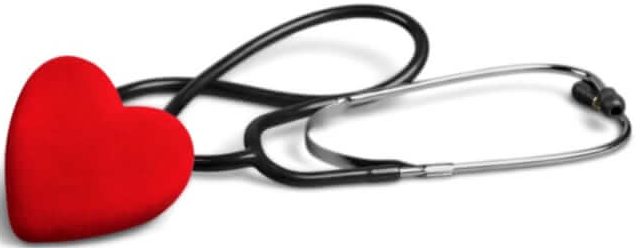
2. A digital camera:
Nowadays, nearly everyone has a cell phone with a decent camera built-in, whether it’s a smartphone or an old-fashioned smartphone that comes with a physical keyboard.
However, these may not always produce the type of quality needed by students who are taking photos of patients for documentation purposes such as medical charts and educational posters (not to mention those appealing candid shots of friends enjoying time off-campus in various states of a hangover).
A small but powerful digital camera is a high-quality option that will last through the entire duration of medical school, and it can also be useful in developing other skills beyond those related to medicine – a digital camera can also take very good pictures of slides while studying biology, for example. It’s worth noting that taking good photos with your phone does not mean you need to buy an expensive camera; just make sure it’s a small, easy-to-carry model that takes vivid colors and crisp images.
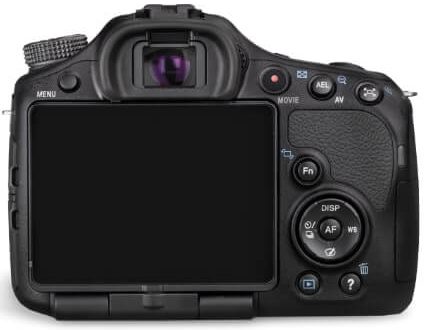
3. A laptop:
While some schools may allow you to get through four years of study without a computer, others will require you to have one for certain classes (and many students prefer using their own computer anyway). Make sure you’re on board with whichever philosophy your school encourages; the last thing you want is to be the student in a computer requirement class who doesn’t have an appropriate device!
If you already own a laptop, make sure it’s up-to-date and ready for class. Even better – invest in one that’s specifically designed for medical students. These laptops are usually built to endure rigorous use – they’re shock resistant, waterproof (or at least water-resistant) and/or extra protection is built into them to protect sensitive internal components from damage during drops or bumps.
Regardless of whether your school requires you to buy a laptop or not, having one with adequate memory and storage space will be helpful when looking through notes or online resources on campus.
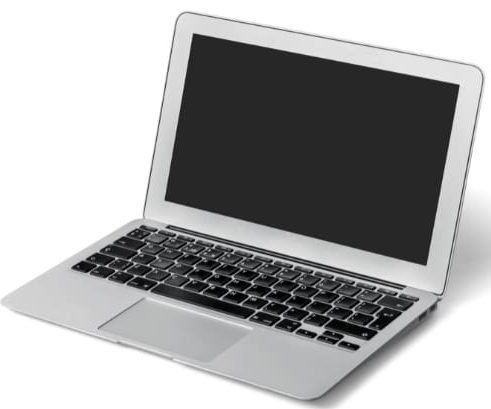
4. A backpack:
Carrying around a bulky backpack to campus and back may not be much of a nuisance when you’re in high school or college, but it’s essential for medical students to find comfortable backpacks that can hold everything from binders to textbooks. A laptop will likely have its own protective carrying case, while stethoscopes and cameras should fit snugly into a special pouch or compartment.
If you plan on taking heavy loads of books and learning materials home with you at the end of each day, make sure your bag has enough storage space, so you don’t accidentally overload yourself while walking across campus or running between classes.
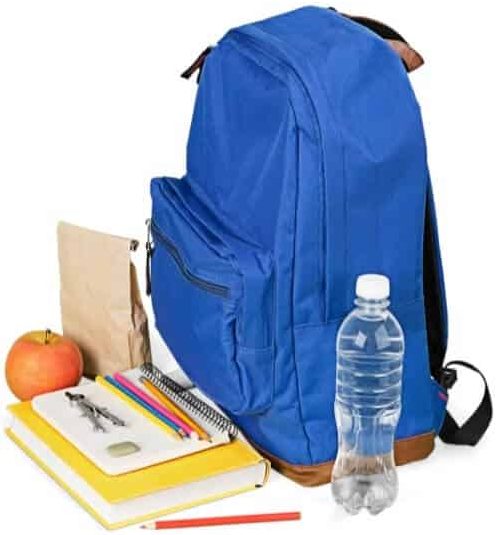
5. Writing utensils:
Students need pens, pencils (HB only – no #2), highlighters, markers, and pencil sharpeners to efficiently study. Keeping these supplies together in a small box or pencil bag will help you remain organized, especially if you have many items to keep track of (such as binders, textbooks, and notebooks).
You may want some fun colors that are more appealing than the typical black or blue pens; there’s nothing wrong with adding a bit of personality into your medical school gear.
6. Medical dictionary:
It can be difficult for students to find the time it takes to actually look up complicated words in the dictionary during class or while studying on campus – this is where having one at home comes in handy!
Having a resource like this already available can give you extra study time because you’ll know exactly what each term means and how it applies to your studies.

7. Blunt-tip scissors:
These can come in very handy for students who like cutting out pictures from magazines or removing test questions/flashcards from their flashcard binders!
You’ll also want them on hand during clinical days since they’re are often used by doctors when dressing wounds or removing devices and sutures.
8. Prescription glasses/contact lenses:
Because we’re constantly examining patients up close during clinical rotations, it helps to have a pair of prescription glasses or contact lenses for those times when we need them!
It can also help improve our vision while studying at night if our eyes are struggling to adjust from looking at computer screens all day.
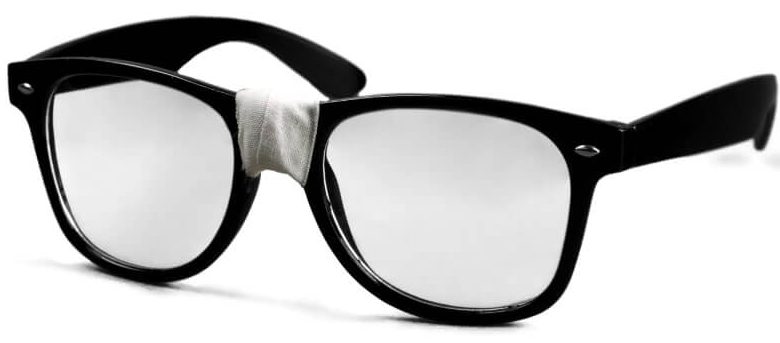
9. OTC remedies:
Just because you’re in doctor mode doesn’t mean that you should be completely neglecting your own health – we’ve all been there! Having a few pain relievers and anti-inflammatory pills stocked up at home can help students get through those stressful times when studying gets too hard, especially during exam season.
You may also have some allergies and stomach ailments pop up throughout the year (not to mention colds, flu, migraines, etc.), so it’s important to stay prepared with proactive healthcare products like these.
10. A watch with an alarm clock feature:
Make sure you leave enough time to get in that all-important study session before your next big exam, and never be late for class again!
Many watches have features designed specifically with students in mind, such as stopwatches and countdown timers, but the most important feature is an alarm clock. Some wristwatches even come with a vibrating motor to wake you up when it’s time for class!
11. A water bottle:
Hydration is just as important as nutrition for medical students who are under extreme amounts of stress; having a water bottle on hand can help keep you from getting ill during those times when studying has gotten too intense (for example if you’re prone to migraines).
Not only does staying hydrated help prevent headaches and reduce stress, but it can also increase your concentration and reduce signs of fatigue.
12. Folders:
Those who prefer taking notes by hand will want a folder for all their paper notes. It can also be helpful if you need to bring extra reading materials with you, or want a nice place to organize your flashcards!
13. Flashcards:
These are an excellent study tool for reviewing important material at home; simply create one side of the card with information and facts that you need to learn or memorize, and flip it over when you’re done!
You can print out premade index cards online (or even make them from scratch using brightly colored drawing paper), but some students prefer making their own flash cards out of construction paper – just remember not to use anything that’s too flimsy (those cards will fall apart during exam season). Here is our guide on how medical students can use flashcards for studying – these tips are a must-read!
14. A guide to the hospital campus:
Even if you’ve already spent a year on an internal medicine rotation, it’s easy to get lost in a giant medical center with so many different buildings and wings. Keep a map handy of your small community hospital or even the larger academic hospital where you’ll be doing rotations – this will help keep you from getting confused when going to clinical interviews or rounds!
Last few words…
In this article, I’ve compiled a list of the top 14 basic medical school supplies that every person should have in their “med student survival kit”. It’s no secret that being a pre-med or med student can be an incredibly stressful time. It doesn’t just take dedication and hard work to get through your first 2 years of courses, but also a certain level of preparation. So, before you start packing, make sure to check out my list of 14 things every med student should know!
I hope that this post has been helpful – thanks for reading and good luck on your future classes!
 Ms Mandy
Ms Mandy
Mandy is a veteran blogger who has been writing about outdoor fashion and gear for over ten years. She’s constantly on the lookout for new products to share with readers, and she rarely turns down an opportunity to check out what’s new in this growing field. Mandy loves being outdoors as much as possible, which is why she spends her free time sharing tips and tricks with other active people looking to improve their lifestyle.
Ten articles before and after
Best Backpack For Medical School (Review & Buying Guide)
What to buy before starting medical school? (Must Read)
10 Music Production Equipment for Beginners: Must Have
Best Backpack For Rucking 2021 ( Review & Buying Guides)
Traveling Music Producer: Don't miss this 7 studio equipment!
12 Essential Items to Carry in Your Skateboarder Backpack | Backpack Guide USA
15 Best Backpacks For Graduate School – Buyer’s Guide 2021
How do you protect your laptop from a backpack in the rain?




 Mobile/What's App/Wechat
Mobile/What's App/Wechat E-Mail
E-Mail ADD
ADD




